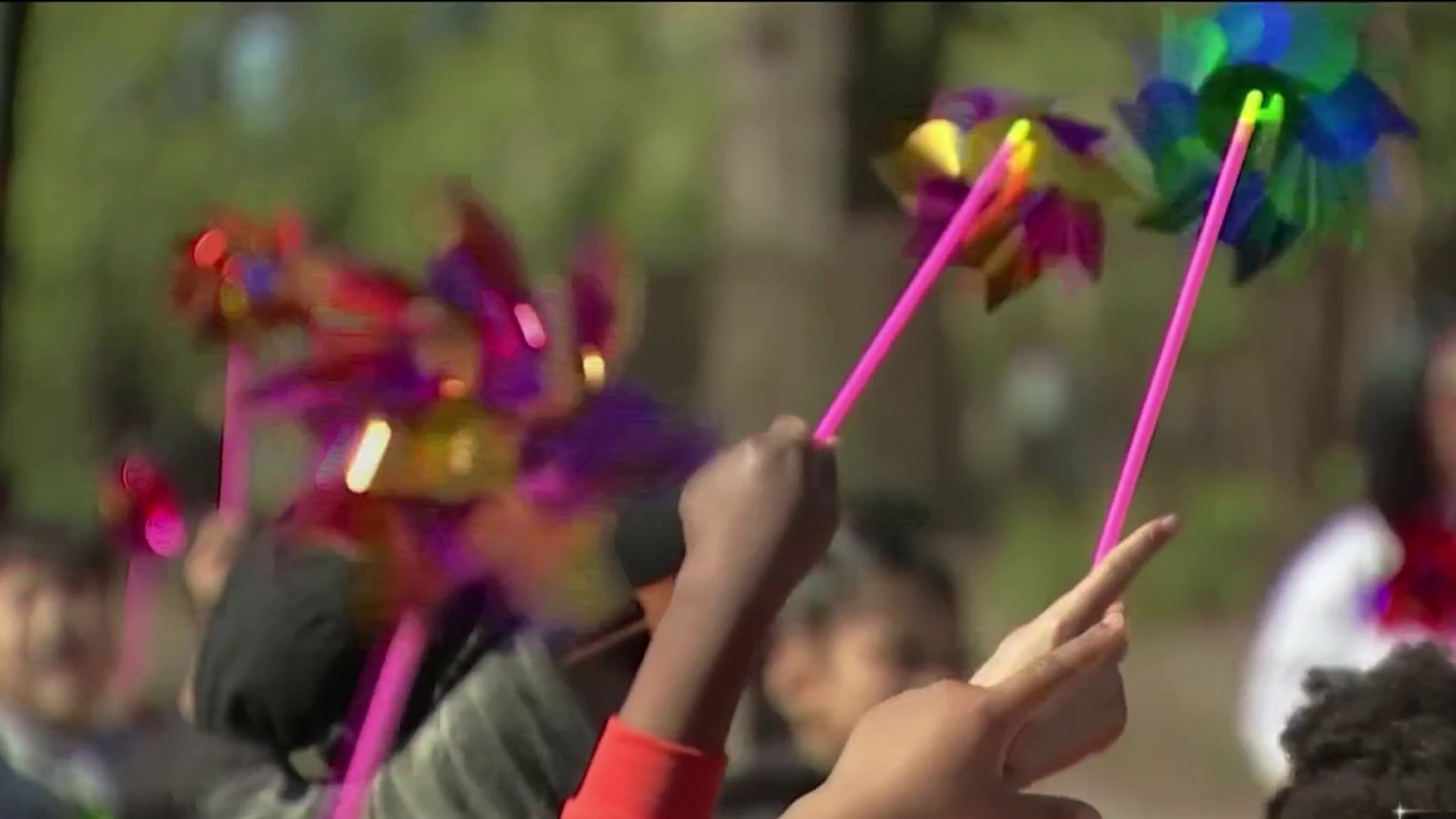Penn State's former general counsel testified Tuesday that several days before two high-ranking administrators were charged over their handling of the Jerry Sandusky child molestation scandal, the school's then-president let the men's defense lawyers review and suggest changes to a statement he later issued that voiced his full support for them.
Cynthia Baldwin told jurors about email exchanges that ensued with defense attorneys Tom Farrell and Caroline Roberto shortly before their clients were charged with perjury, failure to properly report suspected abuse and other offenses in November 2011.
Baldwin said someone at the attorney general's office had told her the charges were coming against Gary Schultz, then the school's vice president for business and finance, and Tim Curley, then the athletic director. That led to an internal meeting with high-ranking members of the school's public relations staff, the then-chairman of the board of trustees Steve Garban and president Graham Spanier.
Spanier wanted help with a statement in support of Curley and Schultz that he had drafted, and his aides suggested changes. He also directed Baldwin to provide it to the defense attorneys.
"He said to send it to (Roberto)," Baldwin testified. "That's what I did."
It was published on Nov. 5, the day that the attorney general's office announced charges against the two administrators and Sandusky, news that sent the campus reeling and soon led the board of trustees to force out Spanier. It was also later revised to include direct quotes from Farrell and Roberto.
Spanier's statement is a critical part of a civil lawsuit that went to trial this week, brought by former Penn State assistant football coach Mike McQueary. He believes he was defamed by the Spanier statement, which said the charges against Curley and Schultz were groundless.
Local
Breaking news and the stories that matter to your neighborhood.
McQueary has testified he reported to the two men in 2001 that he saw Sandusky sexually abuse a boy in a team shower. He believes Spanier's press statement made him look like a liar.
Before Spanier's statement was posted on a university news site, Baldwin had been in touch with the two defense lawyers. Farrell, who represents Schultz, suggested making a wording change, from indictment to presentment. She said she passed that along to Spanier, who made the change. Pennsylvania grand juries generally do not indict, but rather issue reports known as presentments.
Baldwin said she understood why Spanier was writing the statement: "I knew it was going to be used for press reasons."
Baldwin is a former chair of the Penn State board who also spent two years as an appointed member of the state Supreme Court. Her actions in accompanying Curley and Schultz before a grand jury investigating Sandusky in early 2011 led a state appeals court earlier this year to dismiss several of the charges against them on grounds their right to legal representation had been compromised.
Spanier was also charged, a year later, over his actions in response to the Sandusky matter. All three men await trial in Harrisburg on charges of failure to report suspected abuse and child endangerment.
McQueary is seeking more than $4 million for how he was treated after his role in the Sandusky investigation became public. The week after Sandusky, Curley and Schultz were charged, McQueary was placed on paid administrative leave and never returned to the football program. He says has not been able to find work since.
Baldwin said the decision to keep McQueary off the sidelines was motivated by threats against him that were reported to her by police and athletics department staff.
In addition to the defamation allegation, the lawsuit also claims McQueary was retaliated against for helping police and prosecutors convict Sandusky, and that Curley and Schultz committed a misrepresentation by falsely making him think they took his report seriously and would respond accordingly.
The university's defense has been that his contract was not renewed, he was paid 18 months' severance, and that damage to his reputation was in part because of public outrage that he did not intervene physically to stop Sandusky's abuse of the boy.



